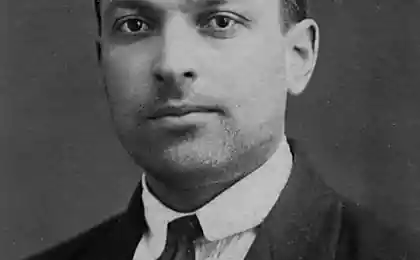205
The system of education of Lev Vygotsky
Vygotsky Lev Semenovich is a well-known psychologist of the early twentieth century, who discovered the connection between psychology and pedagogy. His ideas and theories were a little ahead of time, but they created the necessary foundation on which many modern methods are based. He did not develop his own method, but his observations formed the basis of the systems of famous teachers, for example, Elkonin.
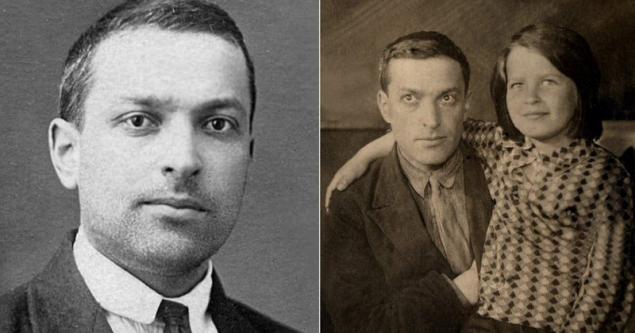
Vygotsky initiated changes in psychology, and his work was continued by students and followers, giving knowledge practical application. The relevance of his ideas does not lose even now. During his short life, he made a huge contribution to child psychology. Today's edition. "Site" Share the basic principles with you. development and education Lev Vygotsky.
Leo Vygotsky Psychologist looked at education In a completely new way. He believed that the essence of education is not in the adaptation of the child to the environment, but in the formation of a personality that will look beyond the limits. The scientist argued that it is not necessary to educate the child from the outside, it is necessary to direct him to educate himself. This is possible if the education process is properly organized.

DepositPhotos
According to Vygotsky, the educator should be an observer who directs and regulates the activities of the child at the right time. This allows the child to develop properly during the game. Let’s look at what a parent needs to do to guide a child.
Educational principles
During his lifetime, the work of Lev Semenovich did not receive due recognition. It was probably too early to recognize his breakthrough in child psychology. Pedagogy and psychology discovered Vygotsky only in the 60s. Many educational institutions adopted his theories, they became very relevant and fit into the concept of a new democratic school.
Vygotsky’s students were well-known Russian psychologists, including Daniil Elkonin, who also dealt with the problems of children’s development. Based on the ideas of Lev Semenovich, together with other teachers, he created an effective development program of Elkonin-Davidov-Repkin. It is thanks to her that mathematics and language are taught according to a special system. It is approved by the state and widely used in schools.
In addition, there are many talented hypotheses and unrealized ideas of Vygotsky, which are just waiting for their time. The time will come for them, but in the meantime you can apply these principles of raising children in your family, because their effectiveness has been proven by practice and time.
Do you think these principles are correct? Do you use them when raising a child? Tell me in the comments!

Vygotsky initiated changes in psychology, and his work was continued by students and followers, giving knowledge practical application. The relevance of his ideas does not lose even now. During his short life, he made a huge contribution to child psychology. Today's edition. "Site" Share the basic principles with you. development and education Lev Vygotsky.
Leo Vygotsky Psychologist looked at education In a completely new way. He believed that the essence of education is not in the adaptation of the child to the environment, but in the formation of a personality that will look beyond the limits. The scientist argued that it is not necessary to educate the child from the outside, it is necessary to direct him to educate himself. This is possible if the education process is properly organized.

DepositPhotos
According to Vygotsky, the educator should be an observer who directs and regulates the activities of the child at the right time. This allows the child to develop properly during the game. Let’s look at what a parent needs to do to guide a child.
Educational principles
- Give way to the child, then take over.
In his book “Difficult Childhood”, Vygotsky gave an example when a child wants to throw a bag out the window, and the teacher calmly lets him do it. Such a reaction puts the child at a dead end, and he does not do what he intended. Allow your child to do something he doesn’t expect. After this, children usually lose interest in the action and switch to something else. You make a concession, but you essentially take over.
DepositPhotos - Let the child play.
Play is a form of education. The scientist believed that it is in the game that the basic principles of child development are laid, it prepares him for adulthood. Play as the basic form of natural education of the animal and human child can be comprehended and explained not from its connection with the past, but from its orientation towards the future. A game is a kind of attitude to reality, which is characterized by the creation of imaginary situations or the transfer of properties of some objects to others.
.
DepositPhotos - Let the child be in charge.
This method works well with unmanageable children. To deal with them, sometimes you have to make them the boss. Here it is important to prevent permissiveness, namely: to direct energy in the right direction. Give the child something, give him what he will be responsible for.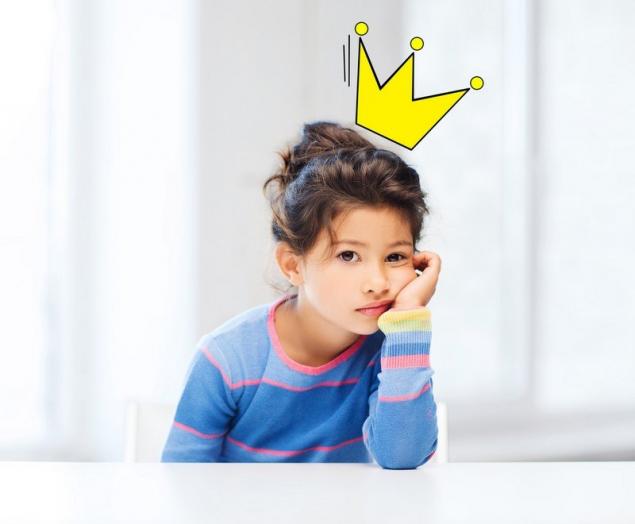
DepositPhotos - Find talent in a child
Often, especially when a child is difficult, parents notice only the bad, forgetting to praise. But this is not possible, you need to praise, you need to look for pros, highlight them, then the child will want to develop them. It is the parent’s job to examine these talents and help develop them. You always have time to swear, but talent can be ruined.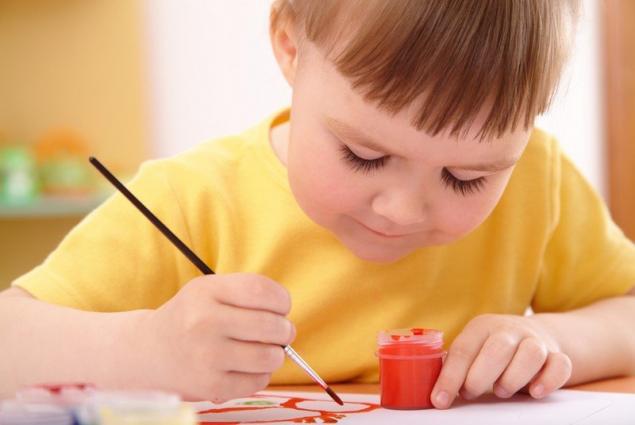
DepositPhotos - And turn defects into virtues.
We all have our flaws, children are no exception. They also need to be found and turned into virtues. Vygotsky called this concept overcompensation and said: “Overcompensation would be a magical and not a biological process, if it turned every defect into dignity.” In fact, psychology has long taught this, teachers have known this for a long time, but only now with scientific precision formulated the main law: the child will want to see everything if he is short-sighted, hear everything if he has an abnormal hearing, and want to talk if he has difficulty in speech or stuttering.
.
DepositPhotos - Don’t teach a child to lie, he doesn’t know how to lie.
We are not born with the ability to lie. A small child is not capable of this. The fact is that sensory and motor function at this age are strongly related, so the baby is not able to invent. The child learns to lie from the parents, so here you need to educate yourself.
DepositPhotos - Bad behavior is always a cause.
A child never acts like this, there is a hidden reason. And this does not mean that after each misdemeanor you need to drag the child to the psychoanalyst, try to understand the situation yourself first. Talk to the child, watch when he starts to get cranky. Vygotsky argued that environment strongly influences behavior.
DepositPhotos - Let the child explore the world.
Child curiosity is a mechanism that helps a child develop. Children are little explorers, they only discover the world. They are attracted to different things, they want to learn, which means that each box should be opened, and the ball examined and examined. Your job is just not to interfere with it.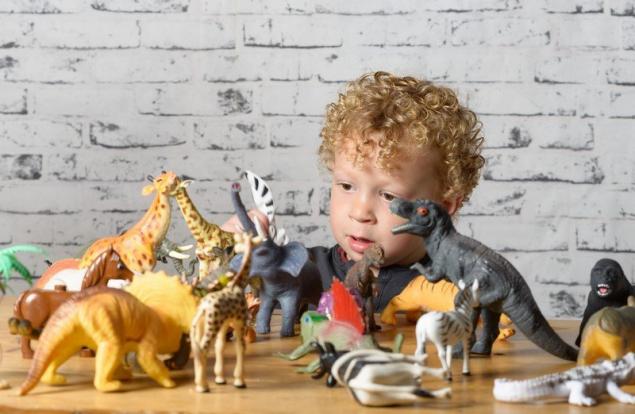
DepositPhotos - Late development is as bad as early development
The point is, everything has to be on time. For example, a 4-month-old cannot be taught to speak, and a two-year-old cannot be taught to read. The child’s brain is simply not ripe for such actions. Scientists have concluded that the later to start training, the better, but this is not true. If you start teaching your child to talk at three, it will be too late. By the way, Tatiana Chernihivskaya, a psycholinguist, neuroscientist and professor of St Petersburg University, also believes that the child should be taught everything on time. Not before, but not later!
DepositPhotos
During his lifetime, the work of Lev Semenovich did not receive due recognition. It was probably too early to recognize his breakthrough in child psychology. Pedagogy and psychology discovered Vygotsky only in the 60s. Many educational institutions adopted his theories, they became very relevant and fit into the concept of a new democratic school.
Vygotsky’s students were well-known Russian psychologists, including Daniil Elkonin, who also dealt with the problems of children’s development. Based on the ideas of Lev Semenovich, together with other teachers, he created an effective development program of Elkonin-Davidov-Repkin. It is thanks to her that mathematics and language are taught according to a special system. It is approved by the state and widely used in schools.
In addition, there are many talented hypotheses and unrealized ideas of Vygotsky, which are just waiting for their time. The time will come for them, but in the meantime you can apply these principles of raising children in your family, because their effectiveness has been proven by practice and time.
Do you think these principles are correct? Do you use them when raising a child? Tell me in the comments!









